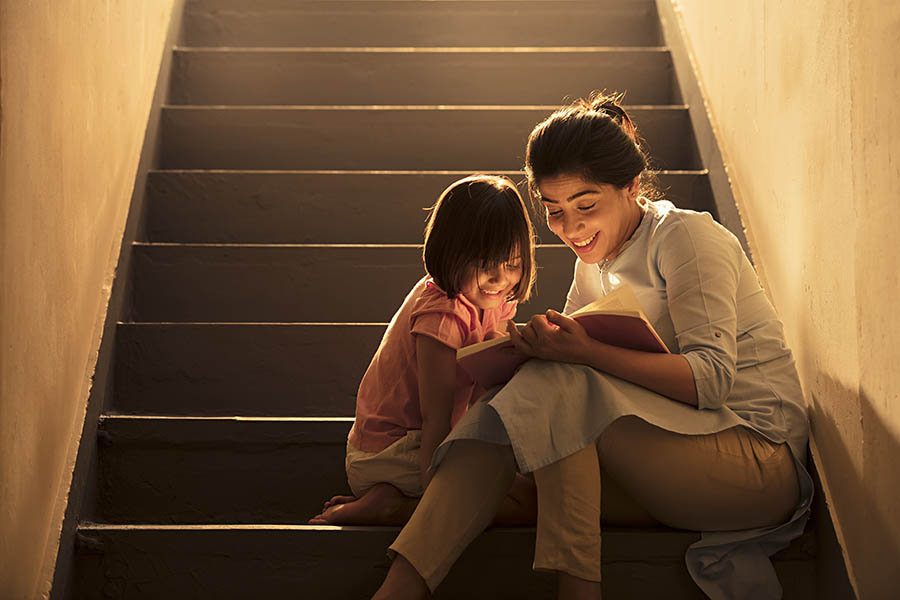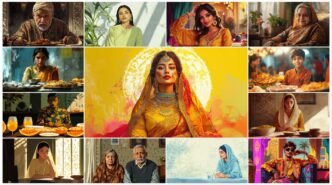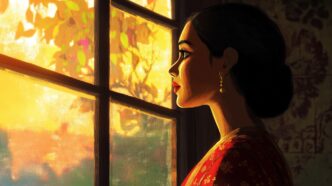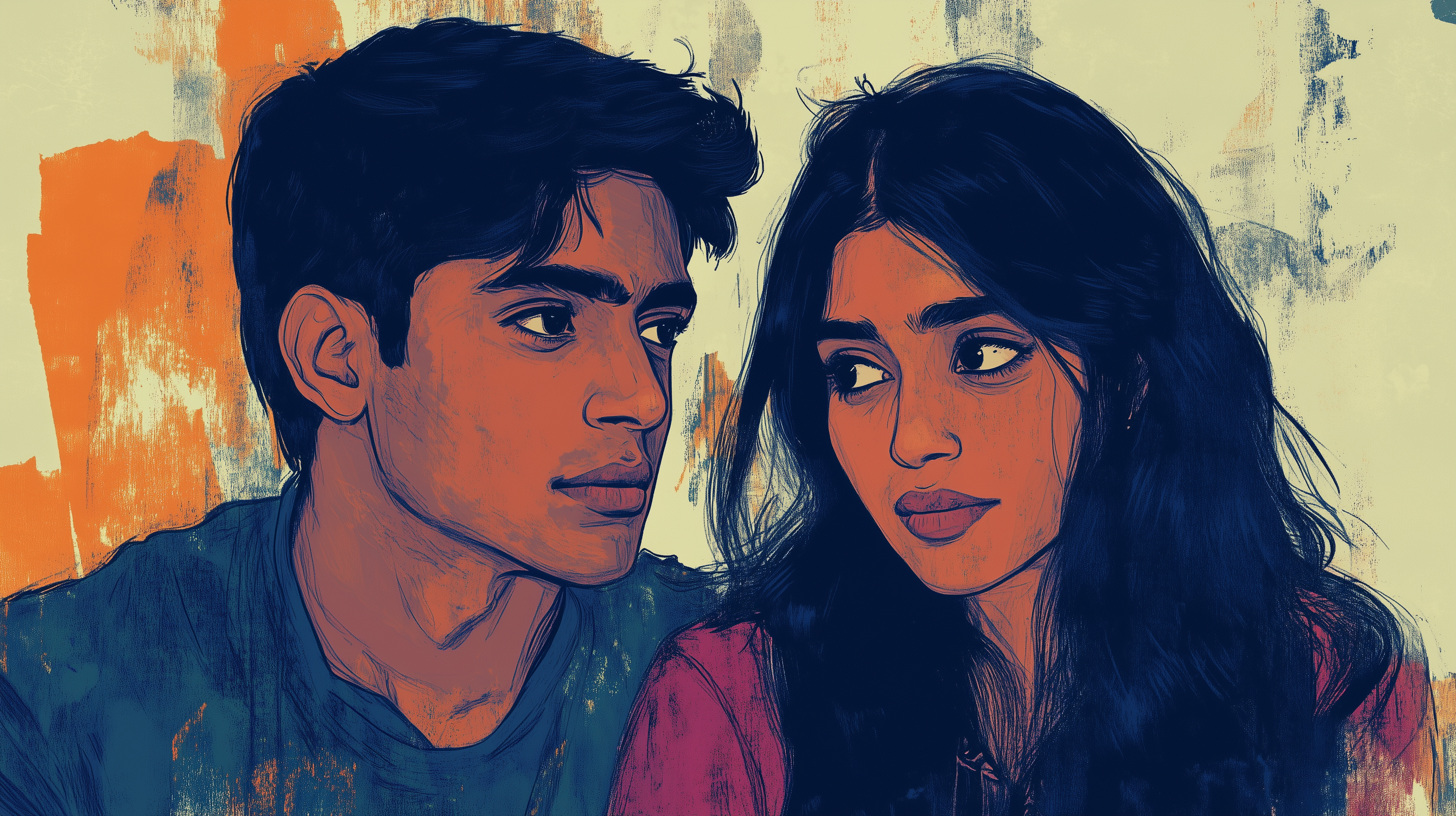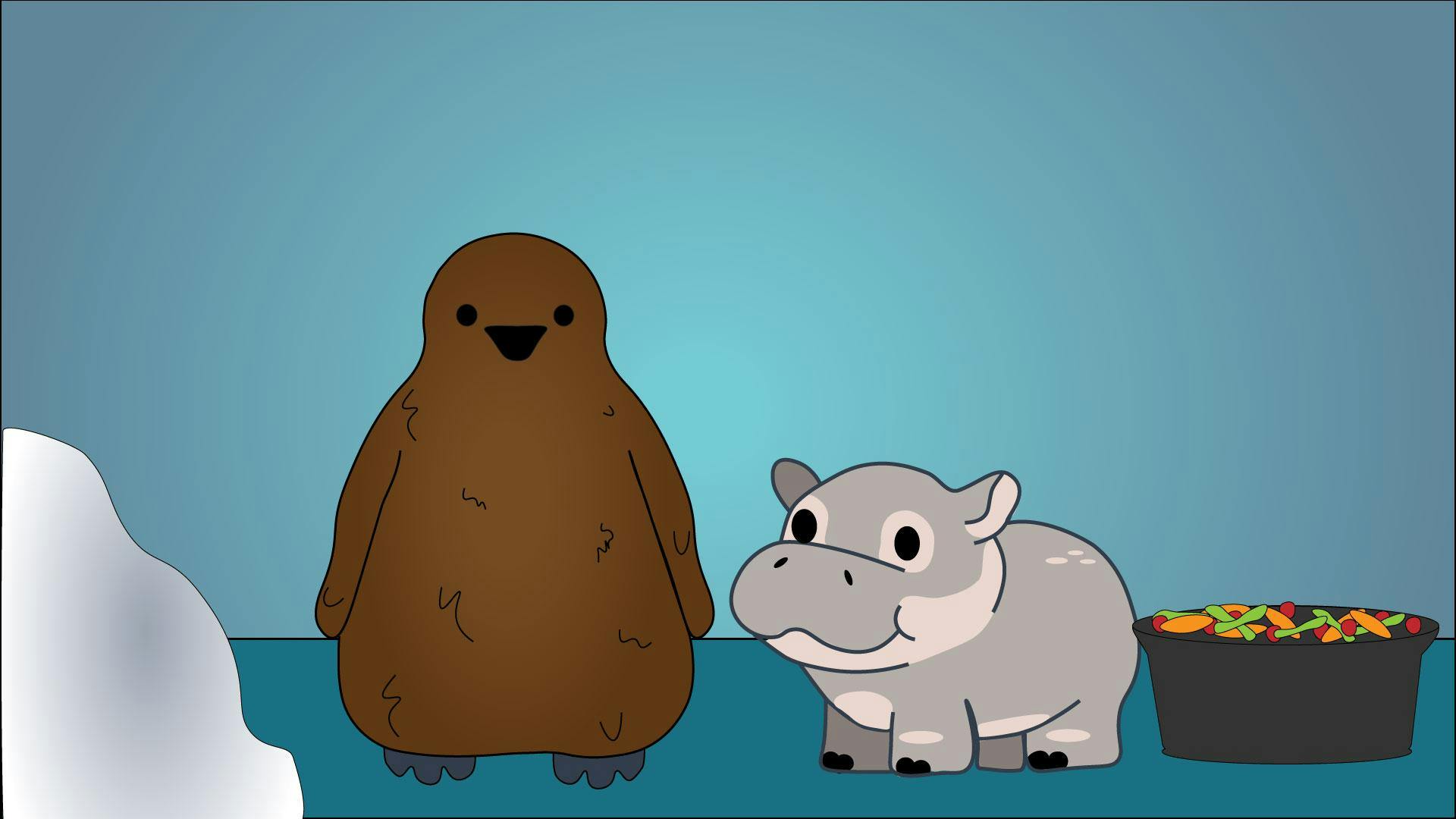Fiction has surrounded me, coddled me and raised me in a way that my reality never could. My first childhood memories are of my grandmother curled up with her arms around me on the high, vintage-styled four-poster bed, listening to fairy tales that she had memorized and adapted in her own way (being the eldest grandchild has its perks). She would tell me how Aladdin stole a magic carpet to save his love, how Alibaba duped the thieves at his trope, how the panta-buri would persevere in the face of the most obnoxious bullying, and how Snow White escaped her abusive stepmother because she knew how to love.For a long time, I thought Disney had stolen the concept of “Snow White” from her.
But that wasn’t all: my mother would buy me a bunch of picture books, some English and some Bengali, and read them to me before bed. From inquisitively finding answers ‘Which little pig fared?’, ‘where is Red Riding Hood’s grandmother?’ to memorising ‘Lichu Chor’, hearing Tagore stories, carrying around rhymes of Sukumar Ray and performing poetry at Kindergarten- it all happened through bedtime stories. When I first learned to read, I became bored with the same old stories and asked my grandmother to tell me new ones. She’d tell me about her childhood, my mother’s childhood, the liberation war, and, most intriguing, about my two martyred intellectual grandfathers. I never had to approach history from an academic standpoint-it had been a part of my bedtime stories.
In my first creative writing class, my teacher praised my creativity skills and art of surrealism in a parent-teacher meeting, and she said I had a “mother-daughter” relationship with words. I didn’t understand what that meant when I was 7, but I do now. Fiction was passed down to me by generations of mothers, so I used my words affectionately to imitate the warmth I found in storytelling, and to preserve the potency of that affection in my writing. I would pick my words to explain situations in such a way that someone would feel something-but this is something I did unconsciously and didn’t realize until I recently reread some of the flash fiction I wrote in my teenage years about love, romance, and relationships that I had not encountered at the time.
Even as I grew up, my relationship with books developed through more bonding with my mother. I had preferences, but always let her choose the books because I somehow trusted her judgment more. We would each have lengthy discussions about the books we read-what we liked, what we didn’t. Whenever I visited my grandmother, I would repeat those stories to her, read them to her and she would give me money to buy more books. Visiting book stores, New Market, Nilkhet, Ekushey Boimela and, very recently, LitFest, are all a part of our mother-daughter routine. Although I buy most of my books online now, reading sessions still happen side by side on the dining table with my mum before everyone wakes up.
My mother doesn’t only have a talent for pinpointing good literature, but she is also a voracious writer-something my grandmother took great pride in, because she always felt sidelined for not having enough competitive talent in a family of literature and film personalities. I inherited the same habit, and when I write something, the validation I crave most is my mom’s, because she is the one who introduced me to the colourful world where every word can be turned into emotions. She’s my biggest critic, and at the same time, my biggest fan; once my work has been thoroughly analysed, we collectively critique other works, while simultaneously brainstorming new storylines.
I try to imitate my mother when I try my hands at poetry, but it doesn’t quite glow as she makes them; my grandmother used to tell me whenever I read my work to her: “Your write-up sounds like hers, but not quite.” Not quite, to me, is a euphemism for not quite good enough.
Now, as I walk into my grandmother’s room and find myself weeping alone in her empty bed, her voice echoes around me in the fictitious rhythms from the realms of fantasy; the scent still engulfs me, but the stories and hugs aren’t there. As I look at my mother, whose pen has stopped since she lost hers, I envy her; I envy the power she was bestowed with-the power she’s dominated by not exerting it. My bedtime stories are now horrifying deja-vu and reminiscent of flashbacks of the void my grandmother left behind. With the weaver taking time off to hide behind the moon, the stories appear to have lost their warmth.
